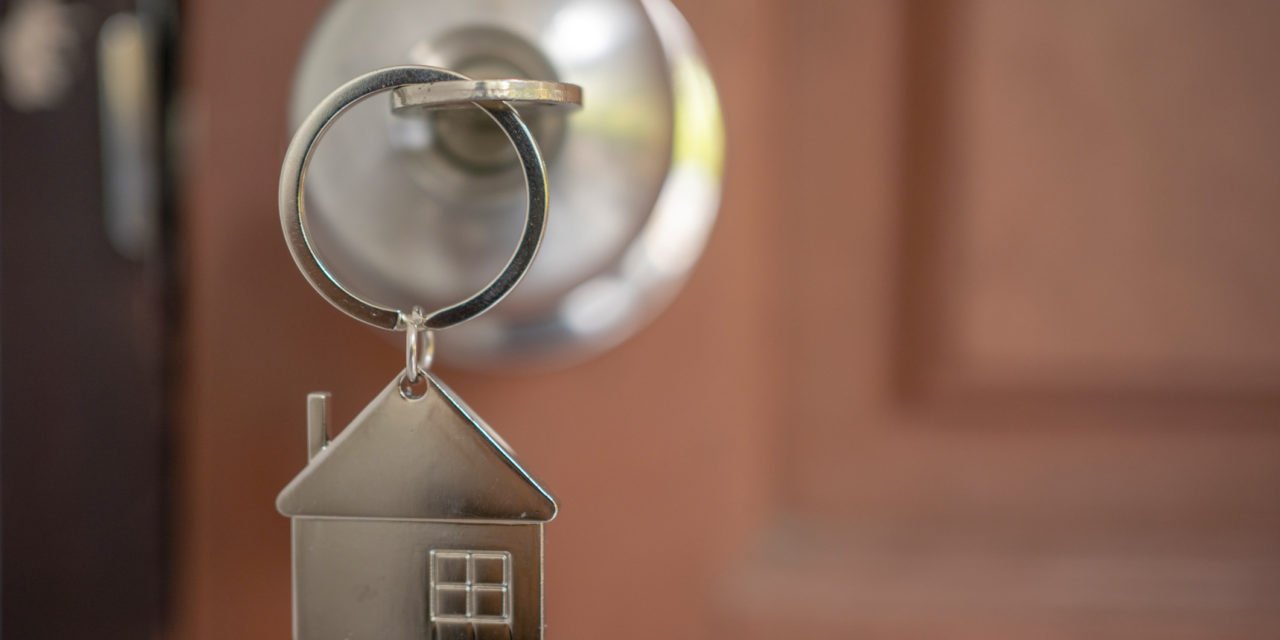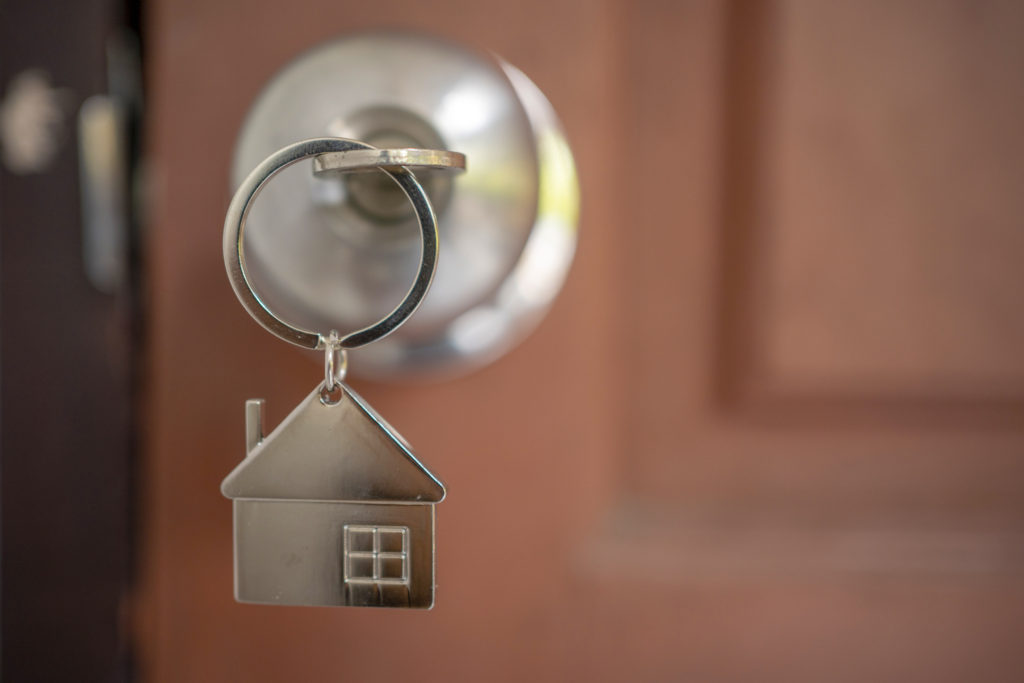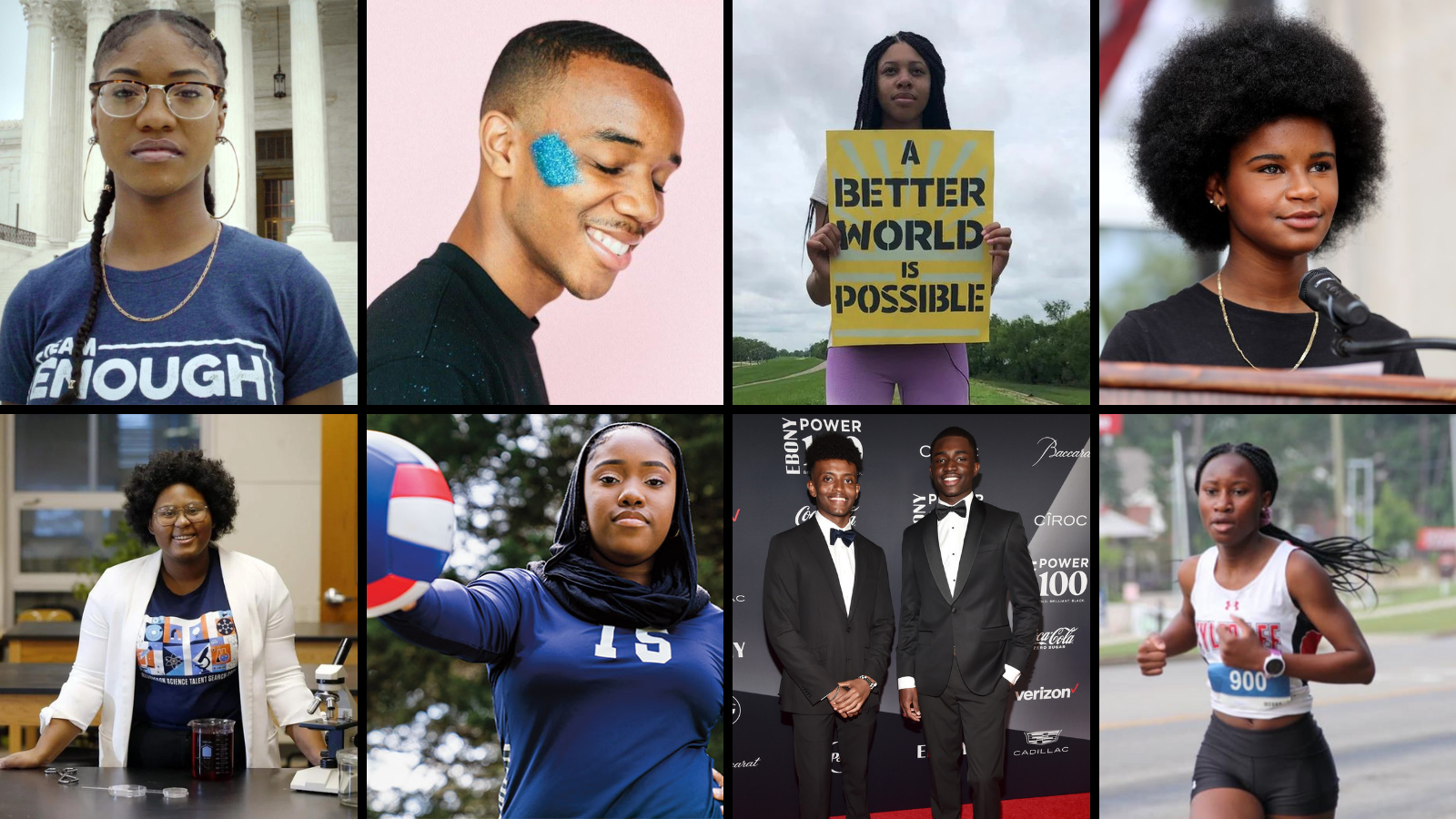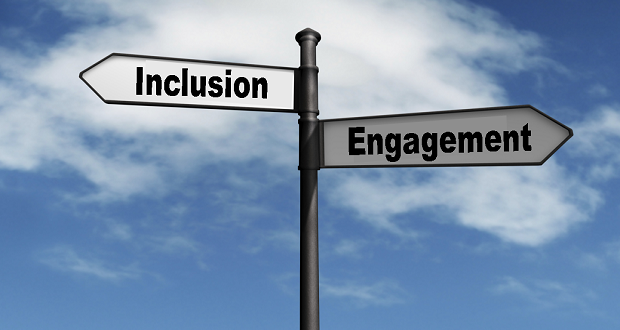A recent MarketWatch article described the very complicated housing market that the U.S. is experiencing coming off of the cusps of a year and half in a pandemic. Demand is great but supply is down, not to mention the large down payments required and the rapidly increasing prices of homes. Homeownership is seen as the pathway to wealth — a path to the “American Dream.” However, for many marginalized communities, this dream is far off, even unattainable. Structural barriers, such as low wage employment, a lack of intergenerational wealth, unfair mortgage loan policies and mortgage bias, and systemic racism, are impediments to achieving the dream of homeownership.
Structural barriers, such as low wage employment, lack of intergenerational wealth, unfair mortgage loan policies + mortgage bias, and systemic racism are impediments to achieving the dream of homeownership. Click To Tweet
What, now, is the “American Dream” if not every American has access to it?
In light of the recent Fourth of July holiday juxtaposed with the social unrest that is brimming and ready to boil over, many discussions about whether Black Americans (and Indigenous and other people of color) should celebrate the national memoriam. Frederick Douglass’ 1852 speech titled, “What to the Slave Is the Fourth of July?” illuminatingly detailed the conflict in celebrating the freedom of the nation that (yet) enslaved you. He noted:
“The rich inheritance of justice, liberty, prosperity and independence, bequeathed by your fathers, is shared by you, not by me. The sunlight that brought life and healing to you, has brought stripes and death to me. This Fourth [of] July is yours, not mine.”
The “justice, liberty, prosperity and independence” Douglass highlighted over 160 years ago is still a feat to be tackled today. With prevailing systems of oppression and white supremacy, Black, Indigenous, and people of color still contend with subjugation despite progress that has been made. And the socioeconomic disparities tell gravely of this narrative. There is no celebration in that truth.
The realization that the “American Dream” was never intended for the masses, and quite possibly needs to be rethought, is not lost on generations Y and Z. According to Investopedia, millennials are waiting longer to purchase homes because of lack of affordability and high student loan debt. Today’s potential home buying generations are opting to live closer to city centers and their workplaces, paying higher rents and delaying the home buying process. And some simply cannot afford or do not want to buy a home.
While millennials make up the largest share of homebuyers in the market currently, there are disparities when it comes to racial demographics. Of homebuyers surveyed in the National Association of Realtors 2021 Home Buyers and Sellers Generational Trends report, 83% of homebuyers were white, while 7% were Hispanic/Latino, 5% were Asian/Pacific Islander, and 5% were Black/African American.
Of homebuyers surveyed in 2021, 83% were white, while 7% were Hispanic/Latino, 5% were Asian/Pacific Islander, and 5% were Black/African American. Click To Tweet What, now, is the 'American Dream' when it comes at the expense of justice? Click To TweetWhat, now, is the “American Dream” when it comes at the expense of justice?
In an article in which we can think about what it means to unlearn and relearn as we navigate systems of oppression in the U.S., Tammy Gan asked,
“Do we emerge from this tumultuous time carrying the baggage of age-old and hegemonic ideas, along with the institutions and structures built upon it, or do we let go of what no longer serves us, in order to build a new world?”
Somewhere between wanting to have a stake in the “American Dream” and pursuing liberation is an ensuing internal conflict. I find myself battling with a feeling that I need to produce and then, as the ultimate act of realizing the dream, invest my rewards by purchasing a home. A form of internalized capitalism, the idea that my worth is defined by my ability to buy a home is rubbing up against my value for justice and equity.
I battle w/a feeling that I need to produce + invest my rewards in a home. A form of internalized #capitalism, that my worth is defined by my ability to buy a home is rubbing up against my value for justice and equity. Click To TweetAngela Davis, famed political activist, author and professor noted that capitalism is rooted in white supremacy and inextricably linked to racism. Is, then, the pursuit of the “American Dream” active participation in a system of oppression? How do we reconcile the desire to build wealth, stability and security with the knowledge that the systems in which we must do so are designed to deny those very benefits from specific groups? For many Black, Indigenous, people of color and low income folx, the dream of home ownership is not just deferred, it’s often shut down and we are shut out.
How do we reconcile the desire to build wealth, stability and security with the knowledge that the systems in which we must do so are designed to deny those very benefits from specific groups? Click To TweetWhat, now, is the “American Dream” if it looks different than when it was conceived?
James Baldwin was noted for sharing his love of America when he stated: “I love America more than any other country in the world and, exactly for this reason, I insist on the right to criticize her perpetually.” By writing this post, I don’t intend to overshadow patriotism, but like Baldwin, and Frederick Douglass above, I hope to illustrate the complexity in being at home when one cannot even buy a house in their home. Further, I hope to begin un-layering the feelings of participating in a system that I believe must be dismantled in order to achieve the true dream of liberation.
There is complexity in being at home when one cannot even buy a house in their home. I hope to un-layer the feelings of participating in a system that I believe must be dismantled in order to achieve the true dream of liberation. Click To Tweet




















Timely, necessary, and insightful. This article should inspire us all to begin “un-layering” the complexities of participating in an American dream constantly kept just out of reach for people of color